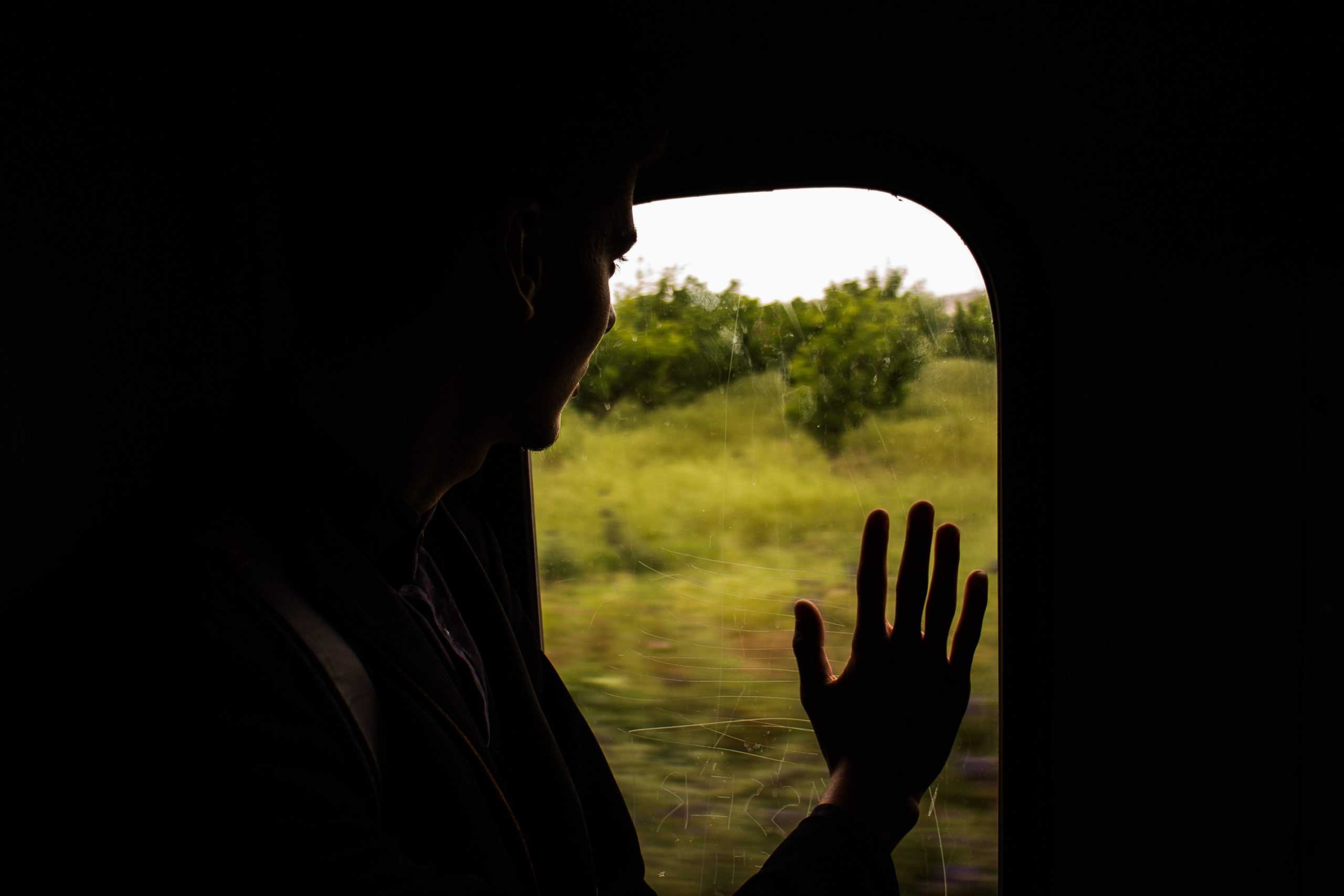“Why are you crying, Beto,?” Irma said to me. And when I looked into her eyes, it was even more difficult to try to answer her promptly. At that moment I wanted to speak, but a lump in my throat would not let me say a simple word because of all the mixed feelings I was experiencing: I totally felt loved by God and his friends. It was also uncomfortable for them to see me crying thinking that I was sad. They did not know that the tears coming out of my eyes were full of beautiful memories. I recalled my months with this indigenous lady and her family with whom God allowed me to pray, work and celebrate a living faith incarnated among Jesus’ best friends: the poor. With them I experienced “an intimate knowledge of all the goods which God lovingly shares with me.”(S.E. 233). I couldn’t speak while I stared at this group of ladies. When my breath finally let me speak again, I said “because I am very happy that you showed me how God is, and how he wants me to live my vocation among you.”
I don’t know if it has happened to you, but this style of short and simple questions–without many words–are the most difficult to answer. With these, we are not asked to answer with scientific language, nor are we asked to give a historical explanation of the moment we are going through. What really matters is knowing how I am feeling, what is really making my heart beat, exposing my feelings as I do with my Friends and with God. As I opened my heart, the expected response becomes a sign of how my friends have taught me to love unlimitedly as God does with me.
It is important to ask questions that do not seek to give hard answers, but that reveal the essence of who we are and mainly who and how God is for us. As a Jesuit in formation, I often ask older Jesuits this kind of simple question so that they might share words to contemplate how they lived their lives with passion and dedication.
The first week of December was a time of many changes for me. Having completed my philosophy studies, I was preparing to begin the next stage of formation: Regency. In this two- or three- year period of service, all Jesuits are sent to work full-time in a work of the Society of Jesus, to teach in schools or universities, or to help in ministerial matters at a parish or indigenous mission. I have been assigned to accompany young people desiring to become Jesuits, and to assist the Jesuit Volunteer Corps in Mexico. Although working with young people seemed like a great challenge, the real difficulty was saying goodbye to my friends, my Jesuit brothers and, mainly, to the community of indigenous people whom I got to know during my time of studies in Guadalajara. I have never liked goodbyes, because it is hard to leave the places where I have felt loved. As a Jesuit, learning to say ‘goodbye’ in anticipation of the next mission is a way of experiencing God’s love through gratitude for those who received us in their houses, and mainly, in their hearts.
After several days of small farewells and without knowing exactly what feelings were going through my mind and heart, one last important farewell was missing: to go to say goodbye to the older Jesuits taking care of their health and praying for the universal Society. In my new assignment working with youth who want to become Jesuits, the best testimony I could share with them is the experience of God from those who have given their lives serving God.
Anytime I go to the elder Jesuit house I feel excited to meet my older brothers who served in different apostolates during their lifetime. Sitting by the central garden and listening to the stories of faith that strengthened their vocation is always inspiring and provokes excitement for how God manifests himself in all things and in different situations. That day there was a different silence because those who usually play chess in the corridors were watching the World Cup. Little by little I began to greet those I met as I walked through the community halls and common rooms.
I sat in a chair by the garden while I waited for Brother Glodomiro, who was part of the team of Jesuit formators during my novitiate, and who taught me to work with discretion, not seeking for spotlights, and in the silence with which the Kingdom of God is built. The hands with which he used to pull the hoses to water the novitiate gardens were now thinner and paler, but no less active, as a faithful laborer in the Lord’s vineyard.
It was approaching noon and I noticed a certain discomfort on his face as he kept looking at his watch. Brother Rafael came to us looking for Glodo, and asked him if they would see each other at the usual time, nodding his head he said yes. A little later he told me that every day before noon mass, the Jesuit brothers who live in that house gather to pray the rosary, to pray for the whole Society of Jesus, and in particular for all the Jesuits in formation. Strangely, I couldn’t hold back the urge to cry when I recognized that his simple and constant prayer supports the vocation that God has given me and my brothers. Those tears made me feel grateful again knowing that I am not alone, and that their prayers for all Jesuits in formation reinforce the sense of being “friends in the Lord.”
A few minutes later, Father Leopoldo arrived in his wheelchair. When we were alone for a moment, I asked him: Polo, what advice do you have for me now that I am beginning regency? His answer was clear and foundational: Make friends, but with the friendship of Jesus. No teddy-bears-friends, always like Jesus. Moments later, bowing my head, I asked for his blessing before he went to take his medicine and rest in his room.
The Jesus-style friendship that Polo refers to does not seek prestige, recognition or possessions, much less does it seek to hold on to what is precious to us, such as friends, family or even life itself. These were the words I needed to learn to say goodbye calmly and with gratitude to my indigenous friends and Jesuit brothers.
Although I didn’t want to end this moment of such sensitive encounters, I had to return to my community. Little by little I began to say goodbye to my older brothers. I decided not to interrupt those who were watching their soccer game because I was happy to see them so excited. Finally, after receiving Brother Glodo’s blessing, I simply thanked him for praying for me. I felt an urge in my heart to give him a kiss on his hands, a small sign that reminds me of how I want and desire to work as a Jesuit: sharing my friend Jesus-like friendship with those I am encountering now.
-//-
Foto de Amine rock hoovr en Unsplash.


